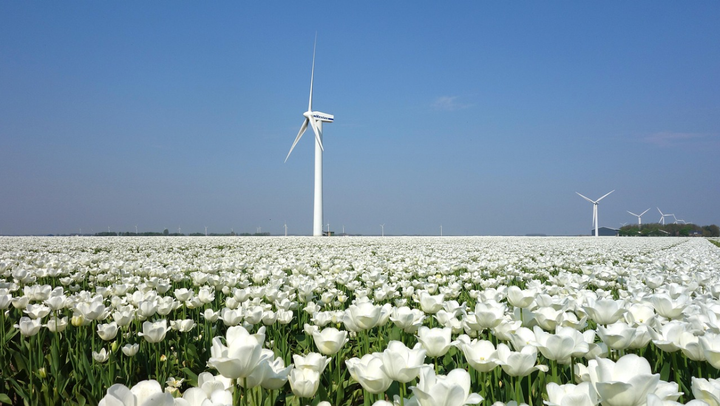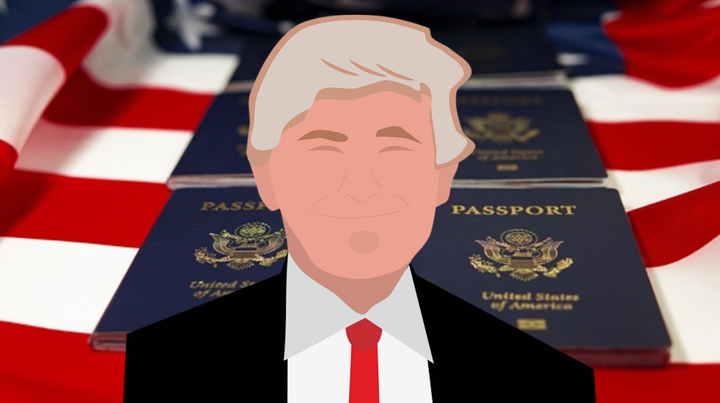Why is the UK government so afraid of inflation?

Evan Lam
The UK government (along with many other governments) is getting increasingly concerned about the rise of inflation. Inflation is the general rise in prices of services and goods over a period of time. High inflation is bad for several reasons, such as reduced spending power, decreasing value of money and higher investment risk. Although inflation can occur naturally, inflation in the UK has been skyrocketing in recent years. So why is this a major problem?
1. Cost of living crisis
Inflation can heavily deduct spending power for the general public, meaning people can’t buy as much. When inflation is abnormally high, we enter the cost of living crisis. This concept results in either people having to work for longer hours depending on their job to gain their essentials needs (e.g. gas, fuel, electricity, food) or spending on fewer essentials.
From the website in the links reference below, we can see that around ⅔ of adults are reported to have been spending less on non-essentials. Retail sales have gone up by 0.6% in the past 3 months, due to spending on essentials like gas, food, electricity and fuel. Housing and bills are the biggest contributors to inflation.
As a result of the above, fewer non-essential goods and services are bought, decreasing consumer spending and slowing economic growth, because one person’s spending is another person’s income. The cost of living crisis can also cause social unrest, such as strikes, which has a knock-on effect on productivity growth (from teachers not teaching, doctors not treating), which can decrease a country’s total productivity.
In conclusion to this point, the cost of living crisis is a very big problem that needs to be addressed by the government, before it gets too out of hand.
The statistics above show how much more people have to spend on essentials due to the cost of living crisis.
2. Inflation’s effect on the economy
2a) Higher interest rates
High inflation rates can result in rising interest rates. This is because central banks, like the Bank of England, might want to raise interest rates in response to high inflation. Here’s how high interest rates affect the economy:
- When interest rates are high, the cost of making large purchases, like houses, becomes more expensive. This discourages spending while also encouraging saving. If more people are saving as opposed to spending, then there is less demand for goods and services. Inflation is fueled by demand, therefore low demand means inflation will decrease.
- High-end businesses are less likely to make big-scale investments if the cost of borrowing is higher, therefore their economic activity is lower. In general, a reduction in economic activity also decreases the demand for goods and services, decreasing the rate of inflation.
- Here we can see the projected shrink in the UK’s economy forecast:
2b) Impacts on the government’s finances
As well as impacting interest rates, a time of high inflation can severely impact the government’s finances:
- The increasing cost of public services due to high inflation can squeeze the government’s budget because these public services will need more money to pay their workers’ increasing wages, therefore the government will need to allocate funds to help with the increasing cost of labour.
- High inflation rates can certainly cause unemployment rates to rise (due to the cost of living crisis), and the government needs to issue what we call ‘benefits’. Benefits are necessary to help the unemployed to cope without a stable source of income. The government needs to fund this benefit spending with tax revenue.
- However, tax revenues also drop due to high inflation. As stated in the bullet points, low economic activity (whether on purpose or due to interest rates) is a way of battling inflation, and this decreases the government’s tax revenue because taxpayers don’t have as much money compared to if economic activity was normal. High inflation also directly affects the government’s total tax revenue, because the value of money drops during a time of high inflation.
- Moreover, the government’s assets, such as long-term investments will lose value, along with their liabilities, such as pensions. So not only are they losing money, but they are also being pressured by the public to do something about their pensions losing value. This combined with their lower tax revenue is a complete downward spiral.
- We can see the sharp decrease in general public spending in the UK as a share of GDP from 2021 to 2026 in the chart below:
Data Source: International Monetary Fund, World Economic Outlook Database, April 2021, variable GGX_NGDP: General government total expenditure as a proportion of GDP.
2c) Decreased export competitiveness
While inflation is high, the production cost of exports increases, therefore also increasing the price of exports. This heavily decreases UK’s export competitiveness, because most countries don’t have as high inflation as the UK. For example, exports such as cars are more expensive to produce, and therefore the price of the export also becomes more expensive than, say, Japan’s, which makes the Japanese cars more appealing to buy.
As we have learned, high inflation decreases the demand for and production of goods and services, which consequently reduces the number of exports in a country. This ultimately makes a country less competitive in the global market.
2d) Higher uncertainty in investment
High inflation can also heavily affect the total profitability and significantly increase uncertainties in investment in the UK. High inflation is a big worry for the UK government’s investments for multiple reasons.
- Stated previously, interest rates can be risen in a time of high inflation to attempt to combat it, however, this can increase the borrowing costs, which can discourage investments, as they will be more expensive.
- High inflation affects the price of everything, including infrastructure projects. Industrial development in the UK can also slow down due to borrowing costs and the actual projects becoming more expensive. This is not good for a country’s development.
- Inflation affects the overall value of money, therefore in a time of high inflation, money is worth less. If the government’s overall return on investment (in percentage) is lower than inflation, they are technically losing money. This means that in the future, they cannot fund as many future investments or projects as before.
3. Political and social instability
High inflation can greatly impact a country’s political and social stability. Through the years we have seen this from strikes, protests and leadership contests within the government. Here is how high inflation affects all of this:
- The cost of living crisis mentioned in section A has been a cause of many strikes, because peoples’ wages aren’t being raised at the same rate as inflation, resulting in them having to cut their spending WHILE prices of essentials go up.
- Based on statistics, around 843,000 days of work were lost in December 2022 due to strikes. In March 2023, about 556,000 days of work were lost. The negative effect on productivity and the economy because of strikes are significant.
- Because of the protests and strikes, the public’s trust in the government is lowered, creating political instability. The trust for the government to stabilise the economy erodes during times like this, especially from people with lower incomes, because they suffer the most.
- Due to this lack of trust in the government, there is unrest and controversy amongst the government, and in extreme cases, it can lead to the rise of certain movements and political upheaval.
Conclusion
In conclusion, we have demonstrated why the UK government is so afraid of inflation, whether it is because of its huge effect on the economy, the way people have to live, and the overall contentment across the country about high inflation.
The main reasons behind the government's concerns are as follows:
- The cost of living crisis: High inflation affects people in terms of spending more on essential goods and services and less on non-essentials. This imbalance affects consumer spending patterns and reduces economic growth.
- Inflation’s effect on the economy: To combat inflation, interest rates have to be raised. This leads to an increase in borrowing costs, a decrease in economic activities and a reduction in the government’s tax revenue. Additionally, high inflation diminishes the value of investments, causing uncertainty and impacting export competitiveness.
- Political and social instability: Strikes and other forms of social unrest can arise as a result of the cost of living crisis and political stability may be compromised.
All of the above reasons are major challenges that the government needs to address to restore confidence in the economy and governance, create stability in the society and improve the living standards of people in the UK.
References:
https://www.ons.gov.uk/economy/inflationandpriceindices/articles/costoflivinginsights/spending
https://www.dannydorling.org/?p=8353




Comments ()